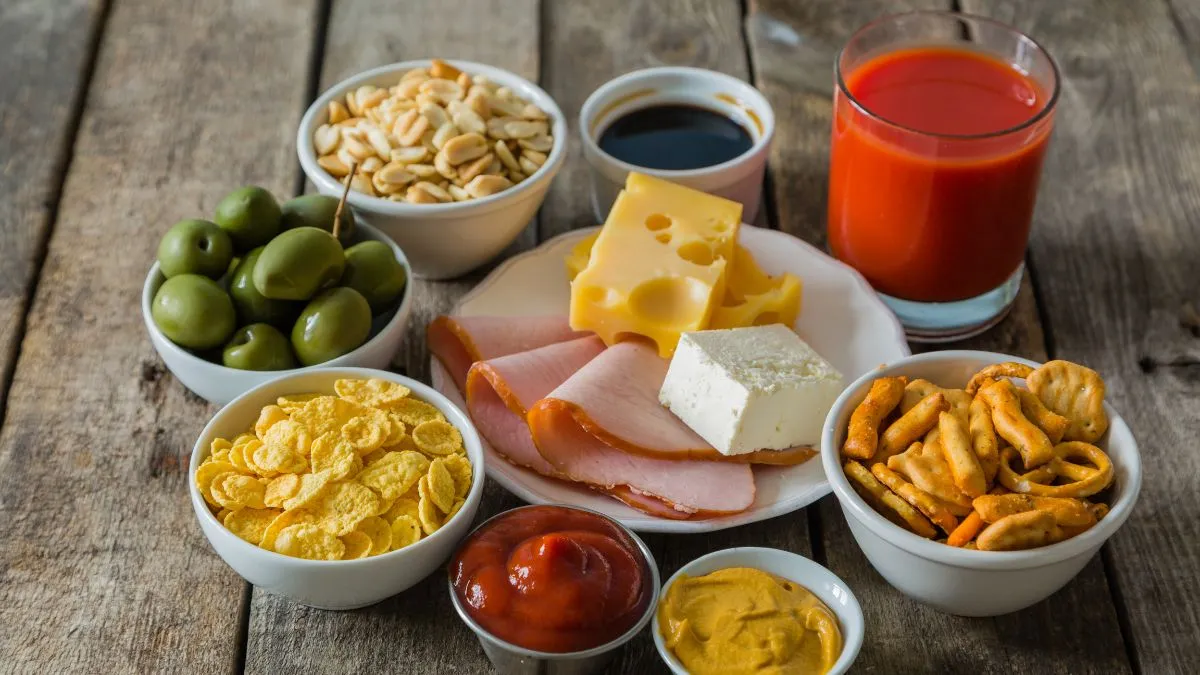- By Prerna Targhotra
- Tue, 27 Aug 2024 02:14 PM (IST)
- Source:JND
Worst Foods For Eye Health: Maintaining good eye health is essential for clear vision and the prevention of various eye diseases. The impact of diet on eye health is significant, as certain foods can either support or undermine your vision. While some nutrients and foods are beneficial for maintaining eye function and preventing issues like macular degeneration and cataracts, others can be harmful.
Diets high in unhealthy fats, sugars and artificial additives can lead to eye strain, inflammation, and more severe eye problems over time. To safeguard your vision and overall eye health, it's important to be aware of which foods to avoid. Here is a list of foods that negatively impact your eye health and overall health.
Worst Foods For Eye Health
Sugary Foods and Drinks
Foods and beverages high in added sugars, such as sodas, candies and pastries, can have a detrimental effect on eye health. High sugar consumption can contribute to obesity, which is linked to a greater risk of developing various eye diseases.
Trans Fats And Processed Foods
Trans fats, commonly found in fried foods, baked goods and many processed snacks, can be particularly harmful to eye health. Processed foods often contain trans fats and other harmful additives, which can worsen eye issues.
ALSO READ: Expert-Recommended Tips To Avoid Dry Eyes In An Air-Conditioned Workspace
High-Sodium Foods

Worst Foods For Eye Health (Image Credits: Canva)
A high-sodium diet, prevalent in many processed and packaged foods, can lead to increased blood pressure and fluid retention. Excessive sodium can also contribute to dry eyes due to dehydration. To maintain good eye health, it's best to limit high-sodium foods like canned soups, salty snacks and fast food and opt for fresh, low-sodium alternatives.
Refined Carbohydrates
Refined carbs lack the essential nutrients found in whole grains, such as fibre, vitamins, and minerals, which are important for eye health. Opting for whole grains like brown rice, quinoa and whole-wheat products can help stabilise blood sugar levels and provide essential nutrients for maintaining good vision.
Artificially Coloured Foods
Many processed foods and beverages contain artificial colourings and additives that can negatively impact overall health, including eye health. To minimise potential risks, one should limit foods with artificial colours and opt for naturally coloured fruits and vegetables that provide beneficial nutrients without harmful additives.
(Disclaimer: This article is for informational purposes only. It is not a substitute for professional advice, diagnosis or treatment.)

